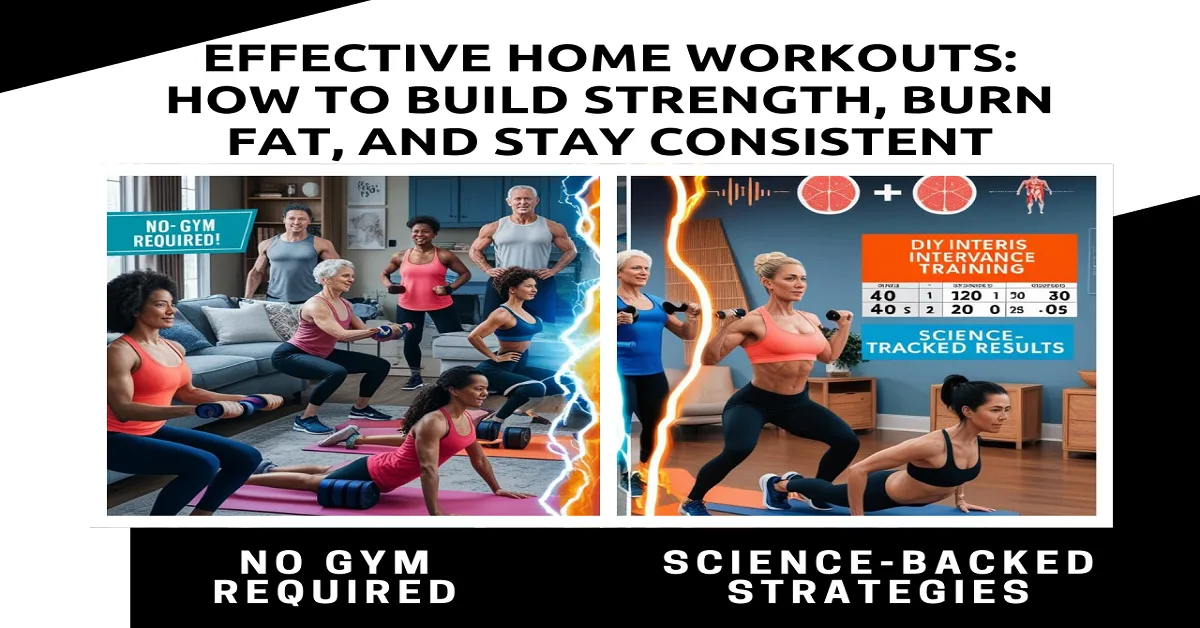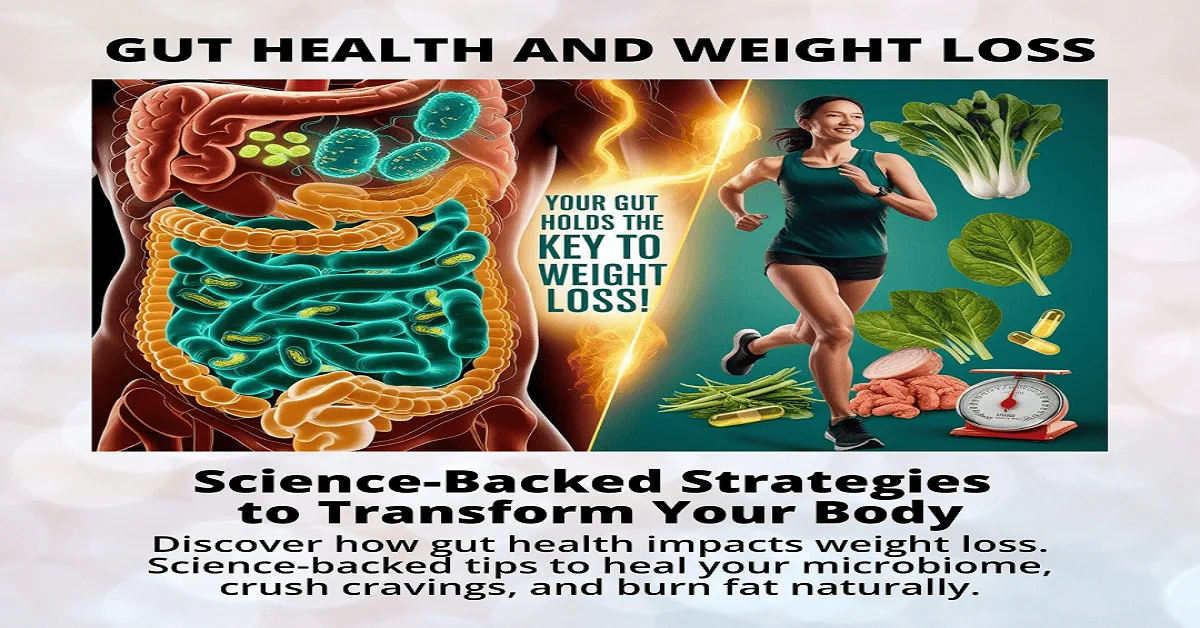☕ Buy Me a Coffee! (And Fuel My Late-Night Blogging Adventures)
Hey there, friend! 👋
First off—thank you for reading my content. It means the world to me! If you’ve found value here (or just enjoyed my ramblings), here’s a fun way to support my work: Buy me a coffee! ☕✨
Wait—what does that mean?
Well, some of the links in this post are affiliate links. That means if you click through and make a purchase, I may earn a small commission—at zero extra cost to you. Think of it like tipping your favorite barista, except I’m serving up blog posts instead of espresso shots.
Why does this matter?
- It helps keep this blog running (and my caffeine addiction alive).
- You get the exact same price—no hidden fees, just good vibes.
- I only recommend products I truly love and/ use myself. No shady stuff—promise!
So if you’re feeling generous (or just want to see what I’ll write about next after three cups of coffee), click away! Your support lets me create more free content for you. Win-win, right?
👉 Click Here to Buy Me a Coffee (or Shop My Faves!)
P.S. Not ready to shop? No worries! Sharing this post or leaving a comment also fuels my motivation. Thanks for being awesome.
Last Updated on February 16, 2025 by Ferdousi Akter
Introduction
In the quest for a healthier lifestyle, understanding the role of macronutrients and micronutrients is crucial. From powering our daily activities to supporting cellular functions, these nutrients play a pivotal role in maintaining optimal health. Whether you’re aiming to shed a few pounds, build muscle, or simply improve your overall well-being, knowing what goes into your body is the first step towards achieving your goals.
What are Macronutrients and Micronutrients?
Before diving into the specifics, let’s break down the basics:
Macronutrients: These are the nutrients that provide energy in the form of calories. They include carbohydrates, proteins, and fats. Each macronutrient serves a distinct purpose in the body, from fueling activities to repairing tissues.
Micronutrients: Unlike macronutrients, micronutrients are essential in smaller quantities but are equally vital for various physiological functions. They encompass vitamins and minerals, which act as catalysts for biochemical reactions and support overall health.
Why Macronutrients Matter
Carbohydrates: Fuel for Your Body
Ah, carbs—the beloved and often misunderstood macronutrient! They are your body’s primary source of energy, providing fuel for daily activities and exercise. Whether it’s the quick burst of energy from simple carbs or the sustained power from complex carbs, choosing the right sources can impact your energy levels and overall health.
- Simple Carbs: Found in fruits, honey, and refined sugars, these carbs are quickly digested and provide rapid energy boosts. Use them wisely to avoid spikes in blood sugar levels.
- Complex Carbs: Think whole grains, vegetables, and legumes. These carbs break down slowly, offering a steady release of energy and keeping you fuller for longer. They also pack essential fiber for digestive health!
Proteins: Building Blocks of Life
Proteins are not just for bodybuilders—they’re essential for everyone! These macronutrients are made up of amino acids, which are the building blocks of tissues, muscles, and even hormones. Whether you’re repairing muscle tissue after a workout or supporting immune function, adequate protein intake is key to maintaining a healthy body composition and overall well-being.
- Complete Proteins: Found in animal products like meat, fish, and dairy, these proteins contain all essential amino acids needed by the body.
- Incomplete Proteins: Plant-based sources such as beans, nuts, and grains may lack some amino acids but can be combined to form complete proteins. Embrace variety to ensure you’re getting all the essential building blocks!
Fats: Essential for Health
Fat has gotten a bad rap, but it’s essential for a balanced diet! From brain health to hormone production, fats play numerous critical roles in the body. The key lies in choosing the right types of fats and consuming them in moderation.
- Healthy Fats: Found in avocados, nuts, seeds, and fatty fish like salmon, these fats are rich in omega-3 and omega-6 fatty acids, which support heart health and brain function.
- Saturated and Trans Fats: Limit intake of these fats found in processed foods, fried foods, and certain oils. They can raise cholesterol levels and increase the risk of heart disease if consumed excessively.
Delving into Micronutrients
While macronutrients provide energy, micronutrients are the unsung heroes that regulate countless physiological processes. Here’s a closer look at some essential vitamins and minerals:
Vitamins: Nature’s Multivitamins
From boosting immune function to promoting healthy vision, vitamins are vital for overall well-being. Whether water-soluble (B-complex and vitamin C) or fat-soluble (vitamins A, D, E, and K), each plays a unique role in maintaining health and preventing deficiency-related illnesses.
- Vitamin D: Known as the sunshine vitamin, it supports bone health and immune function. Spend some time outdoors or consider supplements, especially during winter months or if you have limited sun exposure.
- Vitamin B12: Essential for nerve function and red blood cell production, B12 is primarily found in animal products. Vegetarians and vegans may need to supplement their diet to ensure adequate intake.
Minerals: Building Blocks of Health
Minerals are the unsung heroes that keep our bodies ticking. From calcium for strong bones to iron for oxygen transport, these micronutrients are essential for countless biochemical reactions.
- Calcium: Beyond bones, calcium supports muscle function and nerve transmission. Dairy products, leafy greens, and fortified foods are excellent sources.
- Iron: Vital for oxygen transport, iron deficiency can lead to fatigue and impaired cognitive function. Incorporate lean meats, beans, and leafy greens into your diet to maintain optimal iron levels.
FAQs About Macronutrients and Micronutrients
Q: How can I determine my daily macronutrient needs? A: Your ideal macronutrient intake depends on factors like age, sex, activity level, and health goals. Online calculators or consulting with a nutritionist can provide personalized recommendations.
Q: Are supplements necessary for micronutrient intake? A: While a balanced diet should ideally provide all necessary micronutrients, supplements can be beneficial, especially for individuals with specific dietary restrictions or deficiencies.
Q: Can I get all necessary nutrients from food alone? A: With a varied and balanced diet, it’s possible to meet most of your nutritional needs. However, supplements can fill gaps and ensure optimal nutrient intake, especially for those with dietary restrictions or limited access to certain foods.
Conclusion
In conclusion, mastering the art of balancing macronutrients and micronutrients is essential for achieving and maintaining optimal health. Whether you’re aiming to fuel your workouts, boost your immune system, or simply feel more energetic, understanding these fundamental nutrients empowers you to make informed dietary choices. Remember, it’s not just about what you eat but how you nourish your body for a vibrant and fulfilling life.
Embrace the journey towards better health—start with this Comprehensive Guide to Macronutrients and Micronutrients for Optimal Health and unlock your full potential today!
Our Study Resources:
Guide to Macronutrients and Micronutrients
What are Macronutrients and Micronutrients?
Macronutrients vs Micronutrients
Best Resistance Bands for Home Workouts: Loop vs Tube Bands (2024 Expert Guide)
Compare loop vs tube resistance bands for home workouts—see elasticity, sizes, and durability. Ideal for strength training, rehab, and fitness beginners. Expert 2024 guide.
7-Day Meal Charts for Weight Loss (No Gym Required)
Tired of yo-yo diets and gym memberships? Science proves sustainable weight loss starts in the kitchen, not the treadmill. Discover a 7-day meal chart designed by nutritionists to balance hormones, crush cravings, and melt fat—no gym required. Learn why calorie counting fails, how protein keeps you fuller longer, and why “cheat meals” are secretly strategic. Plus: Download your free PDF meal plan with veg/non-veg options. Ready to lose weight without starving? Click to unlock your plate’s potential.
Effective Home Workouts: How to Build Strength, Burn Fat, and Stay Consistent
Can’t make it to the gym? Science says you don’t need to. Discover how to build strength with bodyweight exercises (push-ups to pistol squats), burn fat in 20-minute HIIT sessions, and stay consistent using neuroscience hacks—all from home. Learn why progressive overload (no weights required!) sparks muscle growth, how your couch doubles as gym equipment, and the #1 mistake that sabotages results. Plus: How Jenna lost 18 lbs in 12 weeks with zero machines. Your living room is your new fitness lab. Click to unlock sweat-proof strategies—no membership needed.
Gut Health and Weight Loss: Science-Backed Secrets to Transform Your Body
Did you know your gut health could be the key to sustainable weight loss? Emerging science reveals that a balanced gut microbiome boosts metabolism, reduces inflammation, and even curbs cravings. Discover how probiotics, fiber-rich foods, and mindful eating can transform your body from the inside out. Uncover the link between gut bacteria and fat storage—plus actionable tips to optimize both health and weight. Ready to unlock your body’s full potential? Dive into the science-backed strategies that make gut health your secret weapon for lasting transformation.
Night Time Fat Burner: Your Secret to Healthy Weight Management
Are you tired of struggling with weight management and searching for a solution that fits seamlessly into your lifestyle? Discover the transformative power of our Slimming Capsule Night Time Fat Burner! Designed to work while you sleep, this innovative supplement harnesses the body’s natural processes to enhance fat burning and support healthy weight management. Imagine waking up refreshed and rejuvenated, knowing that your body has been hard at work overnight. Packed with natural ingredients that promote metabolism and curb late-night cravings, these capsules are your secret weapon for achieving your health goals. Say goodbye to restrictive diets and exhausting workouts, and embrace a smarter approach to weight management. Dive into our blog post to learn how you can unlock the benefits of nighttime fat burning and take the first step towards a healthier, happier you!
Effective Strategies for Weight Loss at Home
In our comprehensive guide to weight loss at home, we provide you with proven strategies that yield results. Whether you’re looking to shed a few pounds or embark on a significant transformation, these methods are designed to help you achieve your goals efficiently and effectively.








